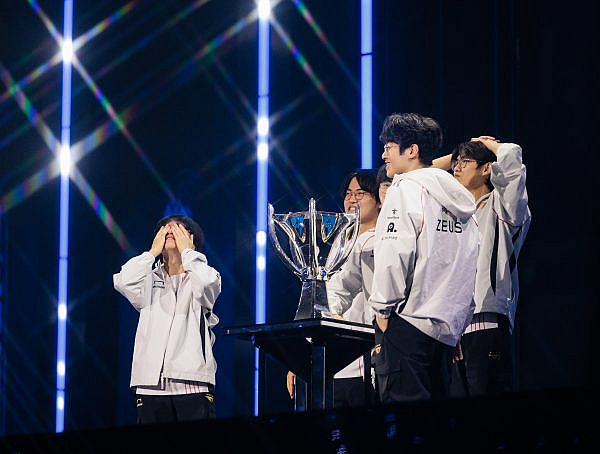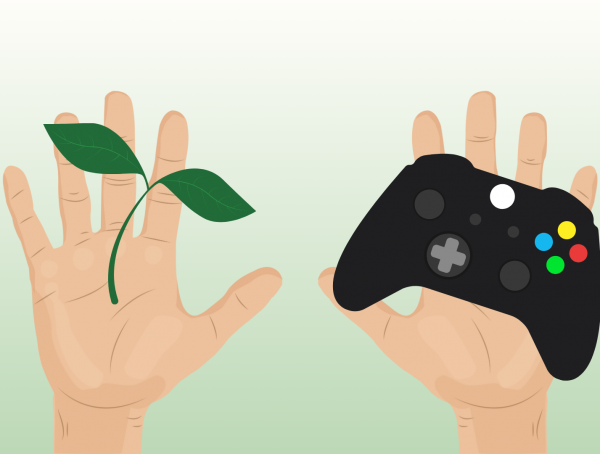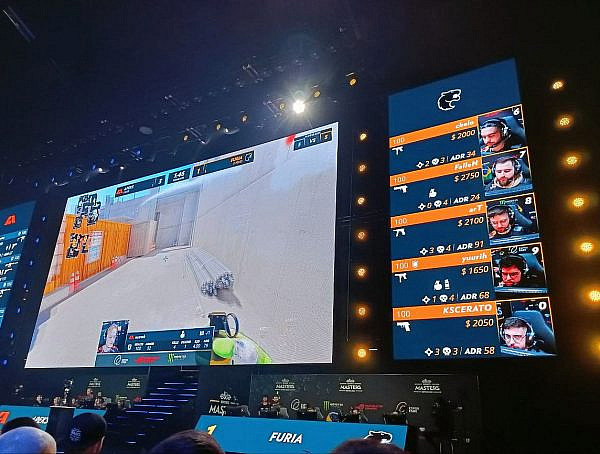Seeing the American Psychological Association’s (APA) and the World Health Organization’s (WHO) propose to label excessive gaming as a form of addictive mental disorder, Nielsen and Karhulahti wrote this paper to investigate its validity. In the article, they were not trying to argue whether excessive gaming is a kind of disorder, but instead, they focused specifically on the 9 features of internet gaming disorder set forth by the APA and examined whether they should be understood differently in the context of eSports.
The proposed features of internet gaming disorder by the APA are as follows:
| 1 | Preoccupation with Internet games. |
| 2 | Withdrawal symptoms when Internet gaming is taken away. |
| 3 | Tolerance: the need to spend increasing amounts of time engaged in Internet games. |
| 4 | Unsuccessful attempt to control the participation in Internet games. |
| 5 | Loss of interests in previous hobbies and entertainment as a result of, and with the exception of, Internet game. |
| 6 | Continued excessive use of Internet games despite knowledge of psychosocial problems. |
| 7 | Has deceived family members, therapists, or others regarding the amount of Internet gaming. |
| 8 | Use of Internet games to escape or relieve negative mood. |
| 9 | Has jeopardized or lost a significant relationship, job, or educational or career opportunity because of participation in Internet games. |
Nielsen and Karhulahti scrutinized the above features of internet gaming disorder by APA. They investigated each of these features under the scope of eSports and suggested that as eSports is a professionalized form of gaming, the phenomenon of excessive gaming should not be understood as a kind of mental addiction disorder but a part of professionalism. Their point of view for the nine features are summarized below:
1. Preoccupation
Nielsen and Karhulahti suggested that being preoccupied with the game, even outside play time, is essential for professional players to improve their plays as they constantly rethink their past games.
2. Withdrawal symptoms
The researchers doubted if professional gamers experience observable signs of the withdrawal symptoms or simply subjective feelings like irritability or anxiety. They also suggested that it should be considered normal for a professional player to feel such ways once they stop engaging in this specific activity that they perform for a living.
3. Tolerance
They pointed out that gaining tolerance in gaming, for professional players, should be considered as a kind of athletic development as we do for conventional sports players. Professional players should practice excessively beyond their limit and be able to perform comfortably for a long gaming session or during a multiple-hour tournament.
4. Unsuccessful attempt to control the participation in Internet games
Nielsen and Karhulahti suggested that the loss of control of using addictive substances and performing a valued activity should not be viewed parallelly. They recommended APA to reconsider this matter with the understanding of intrinsic and extrinsic motivations of the players.
5. Loss of interest in previous hobbies
They pointed out that the dedication to a certain activity could be easily mistaken as the loss of interest in other activities.
6. Continued excessive use of Internet games despite knowledge of psychosocial problems
Two major arguments are suggested by Nielsen and Karhulahti. First, the causal relationship between gaming and psychosocial problems is difficult to identify. Second, eSports have evolved into a new form of gaming with a huge community consisting of eSports organizations, coaches, teammates, and so on. These should be taken into account for this feature of internet gaming disorder.
7. Has deceived family members, therapists, or others regarding the amount of Internet gaming
The researchers doubted that the inaccuracy of the self-reported gaming hours of the players could be a result of some external reasons, such as the general stigmas of gamers as fat and unsociable. Players could misreport the information on purpose instead of uncontrollably due to mental issues.
8. Use of Internet games to escape or relieve negative mood
They suggested that it is the nature of humankind to rely on certain resorts for escaping and relieving negative mood. Some people rely on common activities like sports or sex, and it is difficult to compare the effect of internet games with others.
9. Has jeopardized or lost a significant relationship, job, or educational or career opportunity because of participation in Internet games
Nielsen and Karhulahti consider that as eSports have become a legitimate career path to pursue, it should be understandable that players sacrifice their time and opportunity for the sake of gaming.
Finally, Nielsen and Karhulahti restated that their intention is not to argue whether gaming causes addiction, but instead to show that the 9 criteria of internet gaming disorder set forth by APA might not have kept up with the development of the current gaming scene. The inconsistency could result in a significant impact, given that thousands of youths nowadays are looking forward to becoming professional players.
—————
Reference
Nielsen, R., & Karhulahti, V. (2017). The problematic coexistence of “internet gaming disorder” and esports. Paper presented at the12th International Conference on the Foundations of Digital Games. doi:10.1145/3102071.3106359
Featured photo source
You might also like
More from Game Research Highlights
How do you want to do this? – A look into the therapeutic uses of role-playing games
Can playing RPGs contribute positively to your wellbeing? A recent study aims to find out how RPGs are being used …
Eldritch horrors and tentacles – Defining what “Lovecraftian” is in games
H.P. Lovecrafts legacy lives today in the shared world of Cthulhu Mythos and its iconic monsters. Prema Arasu defines the …
Are Souls Games the Contemporary Myths?
Dom Ford’s Approaching FromSoftware’s Souls Games as Myth reveals the Souls series as a modern mythology where gods fall, desires …















